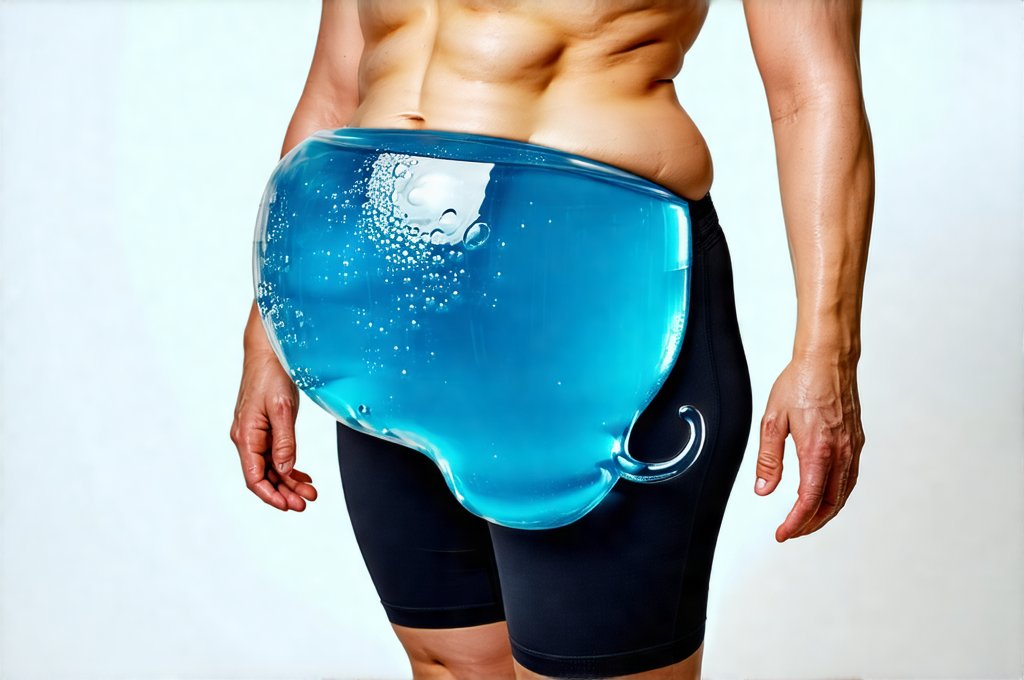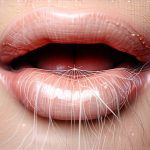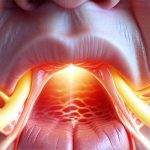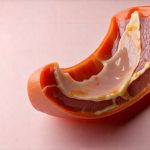Bloating is an incredibly common experience, affecting millions of people worldwide. It’s often dismissed as simply “feeling puffy” or having a full stomach, but for many, it can be debilitating, causing discomfort, pain, and even impacting daily life. While there are numerous reasons why bloating occurs – from dietary choices to underlying medical conditions – one surprisingly significant contributor is often overlooked: dehydration. Many people intuitively reduce their water intake when they’re feeling bloated, believing it will lessen the sensation, but this can unfortunately exacerbate the problem, creating a vicious cycle of discomfort. Understanding why dehydration worsens bloating requires delving into the intricate relationship between hydration, digestion, and the body’s natural regulatory mechanisms.
The human body is composed of approximately 55-78% water, depending on factors like age, sex, and muscle mass. This water isn’t just “there;” it’s actively involved in nearly every bodily function, including nutrient absorption, waste removal, and maintaining electrolyte balance. When we become dehydrated, these processes are compromised, leading to a cascade of effects that directly contribute to bloating. The gut, in particular, is highly sensitive to hydration levels. Insufficient water disrupts the normal movement of food through the digestive system, giving rise to constipation and allowing gas-producing bacteria to flourish. This isn’t about simply drinking more; it’s about understanding how dehydration specifically impacts the processes that lead to bloating.
The Gut Microbiome & Hydration: A Delicate Balance
The gut microbiome – the trillions of bacteria residing in our digestive tract – plays a crucial role in digestion and overall health. When adequately hydrated, these bacterial communities function optimally, breaking down food efficiently and producing beneficial compounds. However, dehydration alters this balance. – Reduced water intake leads to decreased stool bulk and slower transit time through the intestines. This creates an environment where undigested food particles remain longer, providing a breeding ground for gas-producing bacteria. – Dehydration also impacts the diversity of the gut microbiome itself; certain beneficial bacterial species are more sensitive to dehydration than others. A decrease in these helpful bacteria can further disrupt digestion and increase bloating. Essentially, a dehydrated gut becomes a less efficient and more uncomfortable environment.
The relationship isn’t just about how much water you drink but also the quality of your hydration. Consuming sugary drinks or excessive caffeine can actually contribute to dehydration because they act as diuretics, prompting the body to eliminate fluids faster. Similarly, high sodium intake draws water from cells, further disrupting fluid balance. The ideal approach is consistent consumption of plain water throughout the day – aiming for a pale yellow urine color is a good visual indicator of adequate hydration. Focusing on electrolyte-rich foods and drinks (like coconut water or diluted fruit juice) can also help maintain optimal cellular hydration and support gut health.
Water’s Role in Digestion & Waste Removal
Digestion is fundamentally a water-dependent process. From the initial breakdown of food in the mouth to the absorption of nutrients in the small intestine, water is essential at every stage. When dehydrated, the body prioritizes maintaining core functions, sometimes at the expense of digestion. This can lead to: – Slower gastric emptying (the rate at which food leaves the stomach), causing a feeling of fullness and bloating. – Reduced production of digestive enzymes, hindering the breakdown of carbohydrates, proteins, and fats. – Impaired nutrient absorption, leading to further digestive discomfort. Furthermore, dehydration directly impacts waste removal. The kidneys rely on adequate hydration to efficiently filter toxins from the body. When dehydrated, the kidneys conserve water, resulting in concentrated urine and potentially constipation. This buildup of waste products can contribute significantly to bloating and feelings of sluggishness.
The colon also relies heavily on water for proper functioning. Water softens stool, making it easier to pass through the digestive tract. Dehydration leads to hard, dry stools that are difficult to eliminate, increasing pressure in the colon and exacerbating bloating symptoms. This creates a frustrating cycle: dehydration causes constipation, which increases bloating, leading to reduced water intake (attempting to alleviate bloating), further worsening dehydration and perpetuating the problem. Breaking this cycle requires prioritizing consistent hydration as an integral part of digestive health.
Identifying Dehydration & Its Role in Bloating
Recognizing the early signs of dehydration is crucial for preventing bloating. Often, we mistake mild thirst for hunger or simply ignore it altogether. Common symptoms include: – Thirst (obviously!) – although this can be a late sign. – Dry mouth and throat. – Dark yellow urine. – Fatigue and lethargy. – Headache. – Dizziness. It’s important to note that older adults may experience reduced thirst sensation, making them more vulnerable to dehydration. Paying attention to these signals and proactively increasing water intake is key.
Differentiating between bloating caused by dehydration and bloating from other sources can be tricky. Food intolerances, gas-producing foods (beans, broccoli, carbonated beverages), and underlying medical conditions can all contribute to bloating. However, if your bloating consistently worsens during periods of low fluid intake or improves significantly with increased hydration, dehydration is likely a significant factor. Keeping a food diary and a hydration log – tracking both what you eat and how much water you drink – can help identify patterns and pinpoint the root cause of your bloating. If stress exacerbates these symptoms, understanding acid reflux may also be helpful.
Practical Hydration Strategies for Bloating Relief
Simply drinking more water isn’t always enough; it’s about strategic hydration. – Sip consistently throughout the day: Don’t wait until you feel thirsty to drink. Aim for small, frequent sips rather than large gulps. – Electrolyte balance: Add a pinch of sea salt or consume electrolyte-rich foods (bananas, spinach, yogurt) to help your body retain fluids. – Water-rich foods: Incorporate fruits and vegetables with high water content into your diet (watermelon, cucumber, celery). These provide hydration alongside essential nutrients. – Avoid dehydrating beverages: Limit intake of caffeine and alcohol, which can deplete fluid levels.
Beyond increasing fluid intake, consider incorporating mindful eating practices. Eating slowly and chewing food thoroughly aids digestion and reduces the amount of air swallowed, minimizing gas production. Regular physical activity also promotes gut motility and helps prevent constipation. Finally, if bloating persists despite adequate hydration and lifestyle changes, it’s essential to consult with a healthcare professional to rule out any underlying medical conditions or digestive disorders. If you often experience discomfort while traveling, consider how to manage GERD on the go. Remember that staying properly hydrated is not just about alleviating discomfort; it’s about supporting overall health and well-being.
Addressing Underlying Issues & Seeking Support
While hydration is often the key to mitigating bloating exacerbated by dehydration, it’s vital to acknowledge that bloating can be a symptom of deeper issues. Conditions like Irritable Bowel Syndrome (IBS), Small Intestinal Bacterial Overgrowth (SIBO), or food sensitivities may require specific medical intervention. Self-treating without addressing the underlying cause can lead to prolonged discomfort and potential health complications. If you experience chronic, severe, or rapidly worsening bloating, seek professional medical advice. Understanding IBS symptoms can be the first step toward relief.
Don’t underestimate the power of support. Talking to a registered dietitian or healthcare provider can provide personalized guidance on hydration strategies, dietary modifications, and appropriate diagnostic testing. Building a supportive network – friends, family, or online communities – can also offer encouragement and shared experiences. Managing bloating is often about finding what works best for your body, and professional guidance can significantly streamline that process. Remember that you’re not alone in this experience, and there are resources available to help you regain control of your digestive health. If symptoms seem worse during colder months, explore the link between GERD and cold weather. Additionally, consider what to eat when craving fried foods to minimize digestive distress. Sometimes symptoms are worse on an empty stomach; understand why GERD symptoms flare up in these situations.


















